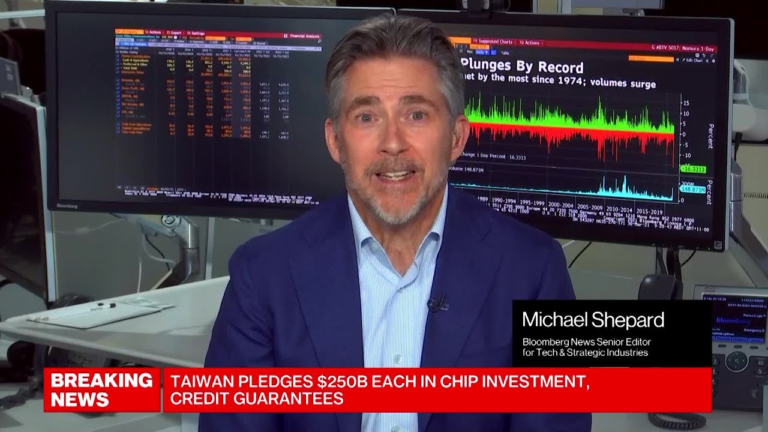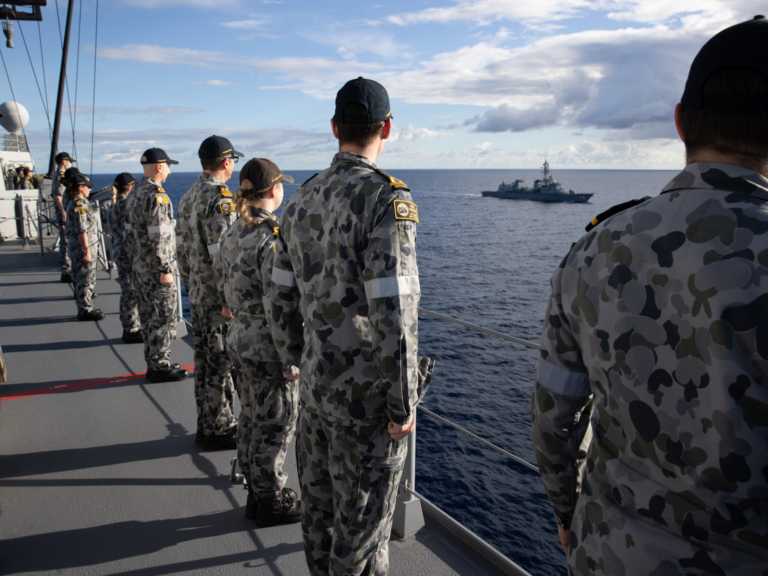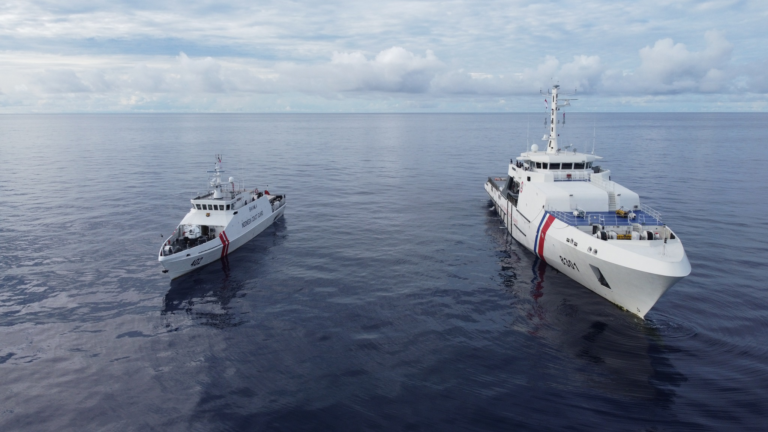
Joint US-Taiwan weapons production could threaten regional stability and also face challenges, analysts in mainland China have warned, after a senior American senator played up the prospects for such cooperation.
According to Reuters, US Senator Roger Wicker, chairman of the Senate armed services committee and a strong advocate for Taiwan, said on Saturday that he expected “joint production and joint efforts” on weapons production between the two sides as Taipei had pushed for.
Wicker’s remarks to reporters came as he wrapped up a two-day visit to Taiwan with fellow Republican lawmaker Deb Fischer, during which he also met Taiwanese leader William Lai Ching-te.
Beijing, which sees Taiwan as part of China to be reunited by force if necessary, reacted strongly to the visit, saying it sent a “seriously wrong signal” to “separatist forces”.
Observers in mainland China noted that both the United States and Taiwan would see industrial and strategic advantages in co-producing weapons, after decades of US arms sales to the island.
“The US administration, partly influenced by the Senate armed services committee, likes the idea for cost-saving and adaptability, while Taiwan authorities like it for involving US deeper and in a more reliable way in the island’s defence,” said Shi Yinhong, an international relations professor at Renmin University in Beijing.
The US is Taiwan’s leading international backer and largest supplier of arms, though like most countries it does not recognise the self-governed island as independent. However, Washington is opposed to any unilateral move to change the status quo and is legally bound to supply Taiwan with arms of a defensive nature.
Taiwan’s extensive inventory of US weapons includes F-16 fighter jets, Patriot missile systems, Himars rocket launchers and tanks, aimed at providing the island with credible means of self-defence against possible military action from Beijing.
However, ever-expanding backlogs in US foreign military sales have prompted Taiwan to find ways to supplement its long list of delayed weapons deliveries, according to the Global Taiwan Institute, a Washington-based think tank.
Taiwan has thus sought to expand its defence industry, while joint development efforts with the US, especially in the field of drones, have recently gained new momentum.
According to Taiwanese media reports, Taiwan’s government-owned National Chung-Shan Institute of Science and Technology confirmed earlier this month that it worked with US defence manufacturer Kratos on a derivative of the jet-powered MQM-178 Firejet target drone, dubbed the Chien Feng IV.
The drone is said to have a strike range of up to 1,000km (620 miles). The institute sees it as a “low-cost cruise missile” with export potential, according to a report by Taiwan’s United Daily News.
Song Zhongping, a mainland military analyst, said the cooperation underscored Taiwan’s political motives and would harm regional stability.
“The US has extensive drone experience and technology. For the Taiwan authorities, joint development is mainly about leveraging US know-how for local production. Possessing large numbers of drones built with American technology would have an impact on the regional situation, given the growing role of drones on the battlefield.”
“This move is another attempt by Taiwan to resist reunification by force and seek independence by force,” Song added, referring to Taiwan’s increasing defence collaboration with US including through arms sales to resist unification with the mainland.
Again, earlier this month, US defence technology firm Anduril Industries said it would be opening an office in Taiwan to support engineering, supply chain and programme execution on the island and in the broader region.
Anduril, which specialises in autonomous systems, said it would “expand partnerships and accelerate delivery”, and that it had delivered the first tranche of Altius loitering munitions to Taiwan, six months after signing the contract.
Beijing, which views the Taiwan issue as a core interest and a “red line” in its ties with Washington, has repeatedly warned against any official foreign engagement with the island. The 2022 visit to Taiwan by then US House speaker Nancy Pelosi caused relations with Beijing to plunge to their lowest point in years, with few signs of a thaw until a presidential summit more than a year later.
Taipei has been pushing for joint weapons production with the US as tensions in the Taiwan Strait rise under Lai of the pro-independence Democratic Progressive Party, who took office in May last year.
Taiwan’s defence vice-minister Hsu Yen-pu urged Washington a year ago to include the island in licensed co-production of parts for F-16 jets and drones, alongside US partners such as Japan and Australia.
The push also comes as Washington encourages Indo-Pacific allies to expand defence manufacturing under the Partnership for Indo-Pacific Industrial Resilience, a 14-nation initiative to counter challenges including what it describes as Beijing’s growing military assertiveness in the region.
But the road ahead may not be easy, the mainland analysts noted. According to Shi, “the process is only at the beginning and faces great difficulties, perhaps with drones as an exception. Taiwan lacks major advantages in military manufacturing, unlike South Korea in shipbuilding or armoured vehicles.”
Song warned that cost could be a major barrier.
“American drones are far more expensive than those of other countries. If costs remain high, Taiwan’s purchases could be limited. Even if produced locally, Taiwan would remain dependent on US technology, effectively working for American arms makers and boosting their profits.”
Senator Wicker’s comments come with Taiwan still facing a 20 per cent tariff on trade with the US, while continuing to rely heavily on Washington for defence support.
In his meeting with the US senators, Lai vowed to deepen defence cooperation to counter Beijing and raise Taiwan’s military budget to 5 per cent of gross domestic product by 2030 – something President Donald Trump has been urging US allies to do.





